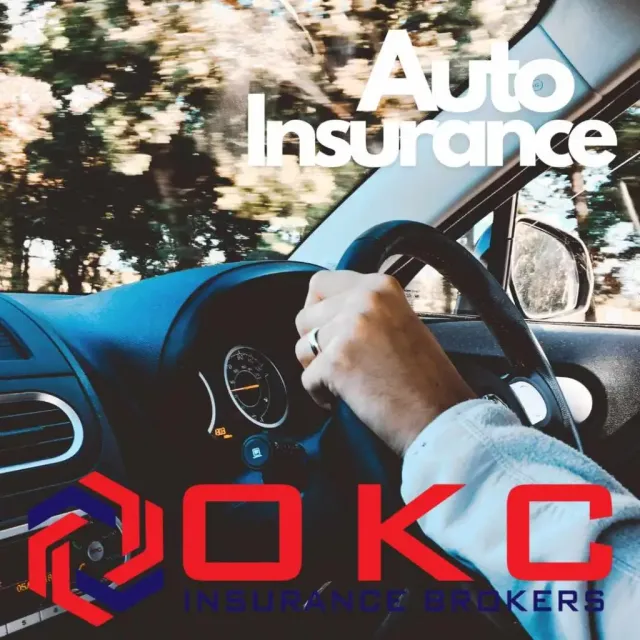Many drivers hear the term “full coverage” and assume it means complete protection in any situation. However, full coverage auto insurance isn’t a specific policy. It typically refers to a combination of different coverages that protect your vehicle and finances.
What Does Full Coverage Auto Insurance Include?
Liability Coverage
This is the foundation of most auto policies. It covers injury and property damage to others if you’re at fault in an accident. Most states require liability insurance by law.
Collision Coverage
Collision insurance helps pay for repairs or replacement of your vehicle after an accident, no matter who was at fault. Whether you hit another car, a fence, or a pole, this coverage steps in.
Comprehensive Coverage
This protects your car from damage not caused by a collision. It includes theft, vandalism, fire, floods, falling objects, and natural disasters.
Medical Payments Coverage (MedPay)
This coverage helps with medical expenses for you and your passengers, regardless of who caused the accident.
Uninsured/Underinsured Motorist Coverage
If someone crashes into you and they lack sufficient insurance—or have none at all—this coverage can protect you and cover medical or repair costs.
Roadside Assistance
An optional add-on, roadside assistance provides help with flat tires, battery issues, towing, and fuel delivery if your car breaks down.
Rental Reimbursement
If your car is in the shop after a covered accident, this coverage pays for a rental car so you can still get around.
Do You Need Full Coverage?
Full coverage is often required if you lease or finance your car. Lenders want to protect their investment, and full coverage offers broad protection.
However, full coverage doesn’t mean every possible situation is covered. Policies have limits and exclusions. Review your policy details and consider adding optional protections if needed.
In Summary
Full coverage auto insurance includes liability, collision, and comprehensive coverage, often with helpful extras like roadside assistance or rental car reimbursement. It’s not a one-size-fits-all policy, but it does offer strong protection when tailored to your needs.
Call us today at 405-509-9433
Visit: www.OKCInsuranceBrokers.com
Email: in**@*****************rs.com
Know more about us from YouTube, or contact us!
